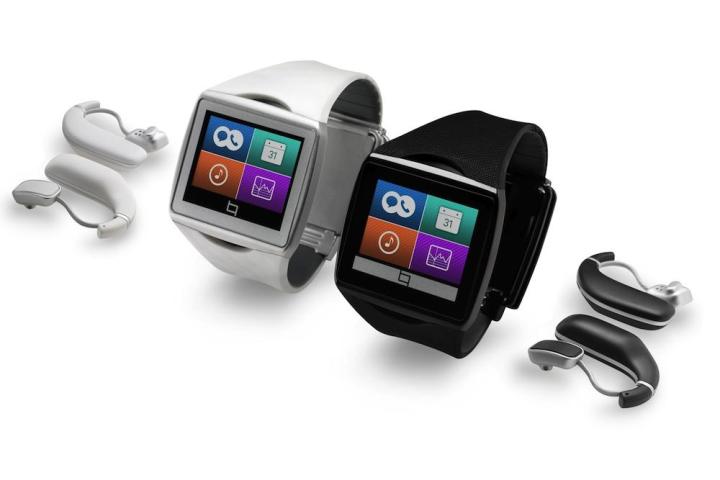
Check out our review of the Qualcomm Toq smartwatch.
Attention at IFA 2013 may appear to have centered around the Galaxy Gear smartwatch, but another watch has also been given its official debut at the show, and it’s made by a most unlikely manufacturer. It’s called the Toq, and it’s produced by Qualcomm, the company best known for making the Snapdragon processor range.
The device has already been partially announced, but this is the first time we’ve been given a good look at the hardware, and learned about the specification. At first glance, it’s not all that different to the Gear and other smartwatches. For example, the screen measures 1.55-inches and has a 288 x 192 pixel resolution, while the processor is a 200MHz Cortex M3, which can also be found inside the Sony SmartWatch 2 and the Pebble.
So, not all that exciting, but the devil is in the details. The screen is a Qualcomm Mirasol panel, and the Toq has been designed to showcase its benefits. The screen doesn’t have a backlight, so consumes very little power, and instead remains visible using reflected ambient light. It’s really clever, and ideal for a device which benefits from an always-on display, and high legibility even in bright sunlight.
The Toq has built-in wireless charging using Qualcomm’s own WiPower system, and will be available with a set of wireless earphones, also charged wirelessly, and equipped with a Bluetooth connection so music can be controlled using the watch. According to a report published by Anandtech.com, the Toq will also be waterproof, and the battery should last around three days, which is triple the stated time for the Galaxy Gear. It’s also thinner at 9.9mm, but slightly heavier at 90 grams.
Like the Gear, it’ll only be compatible with Android phones and tablets, but the requirement is far more all-encompassing, as it only needs Android 4.0.3 or higher to function. Qualcomm will put the Toq on sale before the end of the year, but hasn’t stated how many will be produced, or how much it’ll cost.


